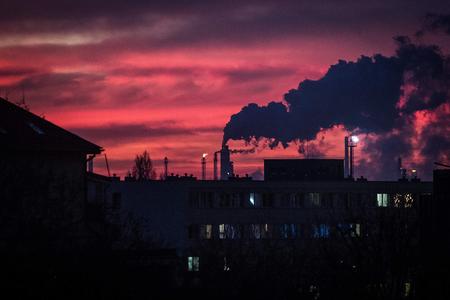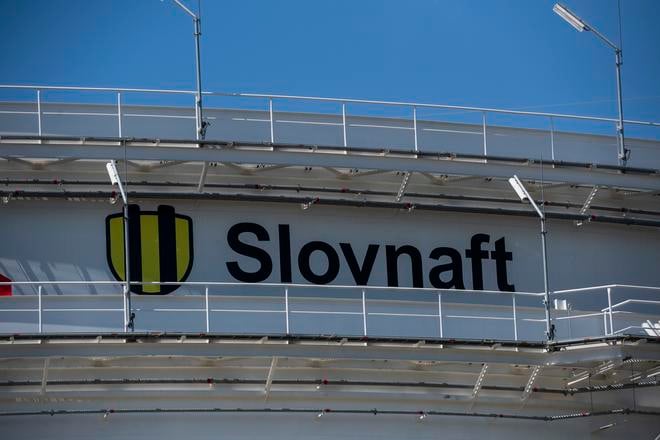The Bratislava refinery Slovnaft has said that it will not pay the temporary special tax, also known as the solidarity contribution, potentially causing the Fico government to lose hundreds of millions of euros it relies on, writes the Index magazine.
“The company did not meet the criteria for paying the solidarity contribution,” the firm claims, citing a European regulation under which Slovnaft might no longer be subject to this temporary tax.
The measure was introduced two years ago by former prime minister Eduard Heger, who was then a member of the ruling OĽaNO party. In 2022, global oil prices were high due to Russia’s war in Ukraine. However, Slovnaft imported cheaper Russian oil and profited from the sales of its more expensive byproducts. Before tax it made a profit of €1 billion. In light of this, Heger’s government decided to act against the refinery.
The government imposed an extra 55-percent tax on the refinery in 2022, followed by a 70-percent tax last year. The refinery criticised the measure, calling it discriminatory. In 2022, the refinery paid €625 million in taxes, with the special tax accounting for over €500 million. Yet it still achieved a record profit of over €400 million.

Slovnaft interprets regulation differently
Today, Slovnaft explains its refusal to pay the special tax by noting that, according to the European regulation, the obligation only applies to companies generating at least 75 percent of turnover from activities in the oil, natural gas, coal, and refinery sectors. The company argues that its business increasingly involves less processing of fossil fuels.
The current government under Robert Fico relies heavily on extra funds from Slovnaft, which earned a net profit exceeding half a billion euros last year. Last winter, the government and parliament extended the validity of the special 70-percent tax for Slovnaft for this year, setting it much higher than the earlier EU recommendation (at least 33 percent).
The state had planned to collect an extra €180 million from Slovnaft this year.
However, Slovnaft, owned by the Hungarian company MOL, plans to pay only €1.9 million when it comes to the special tax, the remaining sum for 2022. The refinery will also pay regular taxes, sending the state at least €130 million.
“Czech” exemption expires later this year
Slovnaft can currently import Russian oil by the Druzhba pipeline as it does not fall under the European embargo. In 2022, it secured an exemption on importing Russian oil, due to Slovakia’s particular reliance on Russian oil as well as its geographical location. Problematically, this exemption does not cover exporting products made from Russian oil. A further exemption which allowed these products to be exported to the Czech Republic is set to expire in December of this year. Slovnaft can export its products to Ukraine.
Negotiations are under way between the Slovak oil giant and the Finance Ministry, reports the Index magazine.



 An oil tank at the Slovnaft refinery in Bratislava on Wednesday, June 1, 2022. (source: TASR - Jaroslav Novák)
An oil tank at the Slovnaft refinery in Bratislava on Wednesday, June 1, 2022. (source: TASR - Jaroslav Novák)